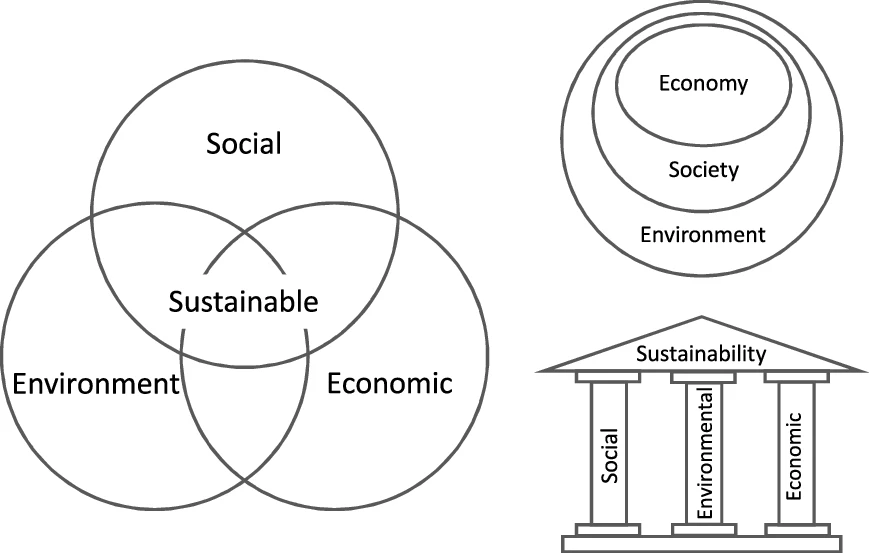Costa Rica – A Sustainable Country?
What is sustainability? Learn more about this concept that is so relevant for today and whether Costa Rica is a sustainable country.
Sustainability is a concept that comes from ecology and describes how biological systems remain productive over time. In fact, it explains the balance of a specific species with the resources of its environment.
Every resource has a renewal limit, i.e., it needs a certain time to renew itself, so sustainability seeks to exploit a resource below its renewal limit in order to avoid overexploitation.
The term sustainabilitywas first coined in the 1987 Brundtland Report, drafted by the UN, by Dr. Gro Harlem Brundtland. It was important to her:
[to meet] the needs of the present without compromising the ability of future generations to meet their own needs

In addition, there are three pillars of sustainability: the economy, the environment and society. Thus, their relationship helps to ensure economic and social development in harmony with the environment.
Sustainable development then takes into account the action of human beings in relation to their environment without the need to damage or overexploit the capacities of their environment or of others.
A sustainable pathway in Costa Rica
In Costa Rica, many efforts have been made to maintain sustainability.
Indeed, the universities have become institutions that are responsible for environmental management in the country by having an active environmental policy.
The Costa Rican Network of Sustainable Educational Institutions (Redies) was created in 2010 to promote exchange and cooperation between educational institutions in order to achieve sustainability on campus. This is how the universities annually submit a report showing their environmental management.
Costa Rica’s Sustainable Development Goals

In relation to sustainability, Costa Rica has proposed 17 Sustainable Development Goals, which should be met by the 2030 agenda:
- end of poverty
- zero hunger
- health and wellness
- quality education
- gender equality
- clean water and sanitation
- affordable and non-polluting energy
- decent work and economic growth
- industry, innovation and infrastructure
- reduction of inequalities
- sustainable cities and communities
- responsible production and consumption
- climate action
- underwater life
- life of terrestrial ecosystems
- peace, justice and strong institutions
- alliances to achieve the objectives
Both universities and other institutions (for example, the Costa Rican Tourism Institute) have implemented measures to achieve harmony with the environment, its resources and its communities.
However, despite many achievements in environmental protection, Costa Rica still lacks proposals to protect its most vulnerable communities.
Sensorial Sunsets
Navigate articles






